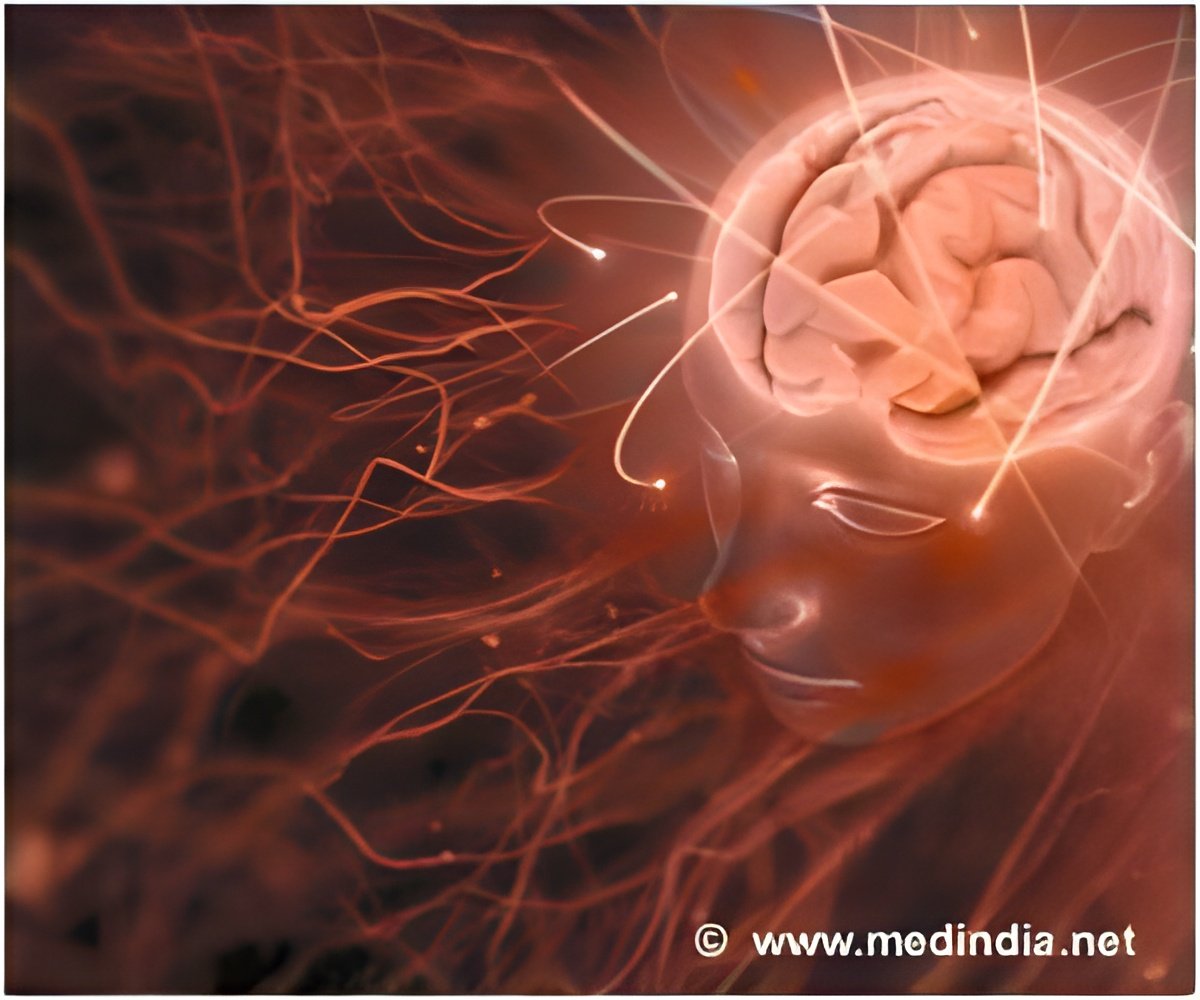Previous research has indicated that Parkinson's disease patients may experience difficulties recognizing emotions in the facial expressions.

Although relatively new as a technique, deep brain stimulation has already become very widely used. It consists in electrically stimulating, by means of implanted microelectrodes, the neurons of specific areas in the brain. In Parkinson's disease, the areas to be stimulated are some nuclei making up the basal ganglia. These brain structures are impaired in the disease and produce less dopamine than the body needs, leading to the development of motor symptoms. Electrical stimulation blocks the signals causing the motor symptoms, thereby improving the patient's quality of life.
According to several studies, the deficits in emotional perception experienced by patients with Parkinson's disease could be a consequence of the treatment or of the microlesions produced when the electrode is surgically implanted. "In our study we tried to get to the bottom of the matter", explains Marilena Aiello, from SISSA, the first author of the study. "We compared the performance of twelve patients with that of healthy individuals, in four conditions: before surgery, both on and off medication, and after surgery, a few days or a few months after the operation".
The subjects were asked to respond tests on the recognition of emotions conveyed by facial expressions (visual mode) or speech prosody (auditory mode).
"The patients never exhibited any difficulty in the auditory mode, whereas they were impaired in visual recognition even before they underwent the operation", continues Aiello. "However, the impairment was present for one emotion in particular, that is, for disgust."
After surgery, in addition to still having difficulties in visually recognizing disgust, the patients also performed poorly in discriminating facial expressions conveying sadness. "This kind of impairment was only transient, being detected only a few days after surgery but not months later" explains Aiello. "We therefore believe that this disorder is related to the microlesions produced by electrode implantation, which are largely reabsorbed within a few months, and to the drastic reduction in medication just after the surgical procedure".
Source-Eurekalert
 MEDINDIA
MEDINDIA



 Email
Email




